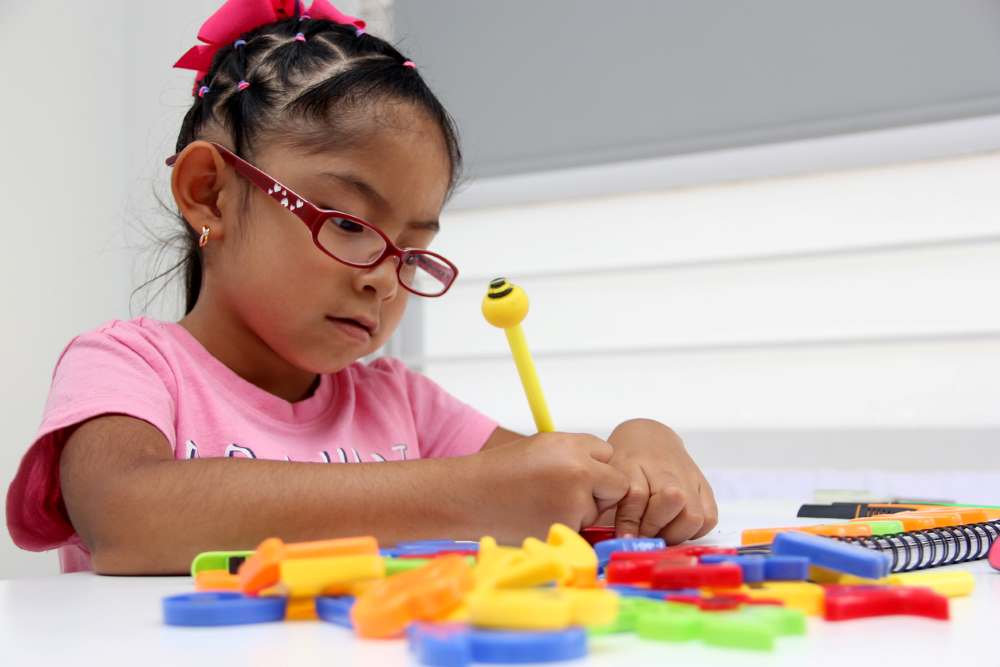
Speech is one of the primary tools children use to express themselves, interact with peers, and engage in learning. For children with speech disorders, these everyday activities can feel significantly more challenging. While speech difficulties may seem like isolated issues, their effects often ripple into academic performance and emotional development. Recognizing how these challenges influence school life is key to helping children thrive both in and out of the classroom.
Communication Challenges
Classrooms are communication-heavy environments. For a child with a speech disorder, these expectations can cause frustration, confusion, and even embarrassment. Struggling to pronounce words or form complete sentences may lead to reluctance in participating, which over time can affect a child’s willingness to engage.
When a child avoids classroom tasks due to speech concerns, it can create gaps in learning. Teachers might interpret a lack of participation as a lack of interest or ability, when in fact the child may fully understand the material but cannot express it.
The Emotional Toll
Speech disorders often carry an emotional burden. Children may be teased or misunderstood by peers. Feeling different or left out during classroom discussions or group activities can contribute to low self-esteem. Over time, this emotional weight can impact how a child sees themselves as a learner.
Confidence is closely tied to academic success. A child who feels insecure about speaking may avoid taking academic risks, such as asking for help or joining group projects. This hesitation can slow learning and make it harder for educators to recognize when a child needs support. Early intervention and a supportive learning environment are essential in helping these students develop both their speech and their self-confidence.
Support and Intervention
Speech disorders are not a reflection of intelligence or effort. With the right support, children can overcome these challenges and reach their academic potential. Early screening, consistent speech therapy, and collaboration between educators and families all play a role in a child’s success.
Parents looking for flexible options may consider online occupational therapy services, which can provide convenient and effective support from home. These services often include speech-language therapy components and can be tailored to a child’s specific needs, helping them build skills in a familiar environment.
Speech disorders may be easy to overlook in a busy classroom, but their impact can be significant. Encouraging open communication, celebrating small victories, and ensuring access to supportive resources all help children move forward with resilience and pride. A child’s voice is an essential part of their learning journey, and every effort to support it makes a lasting difference. For more information, check out the infographic below.



























